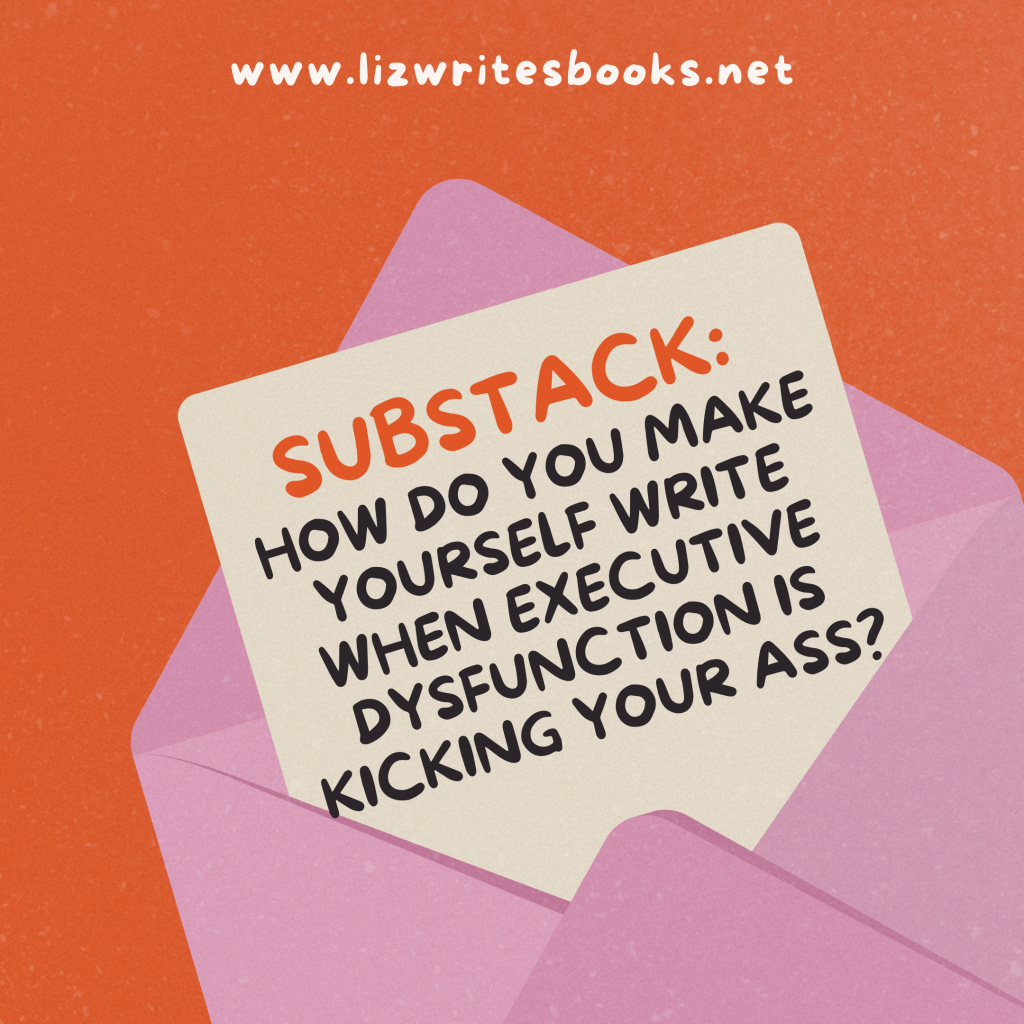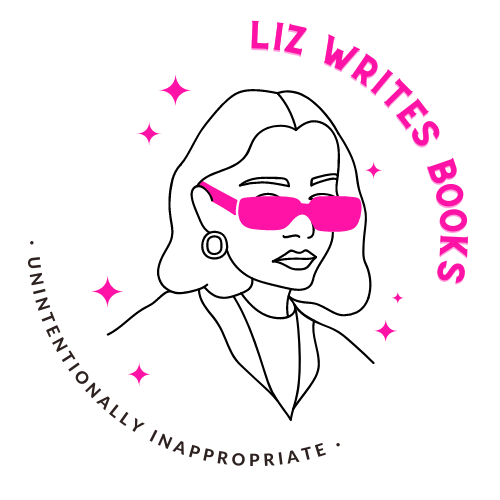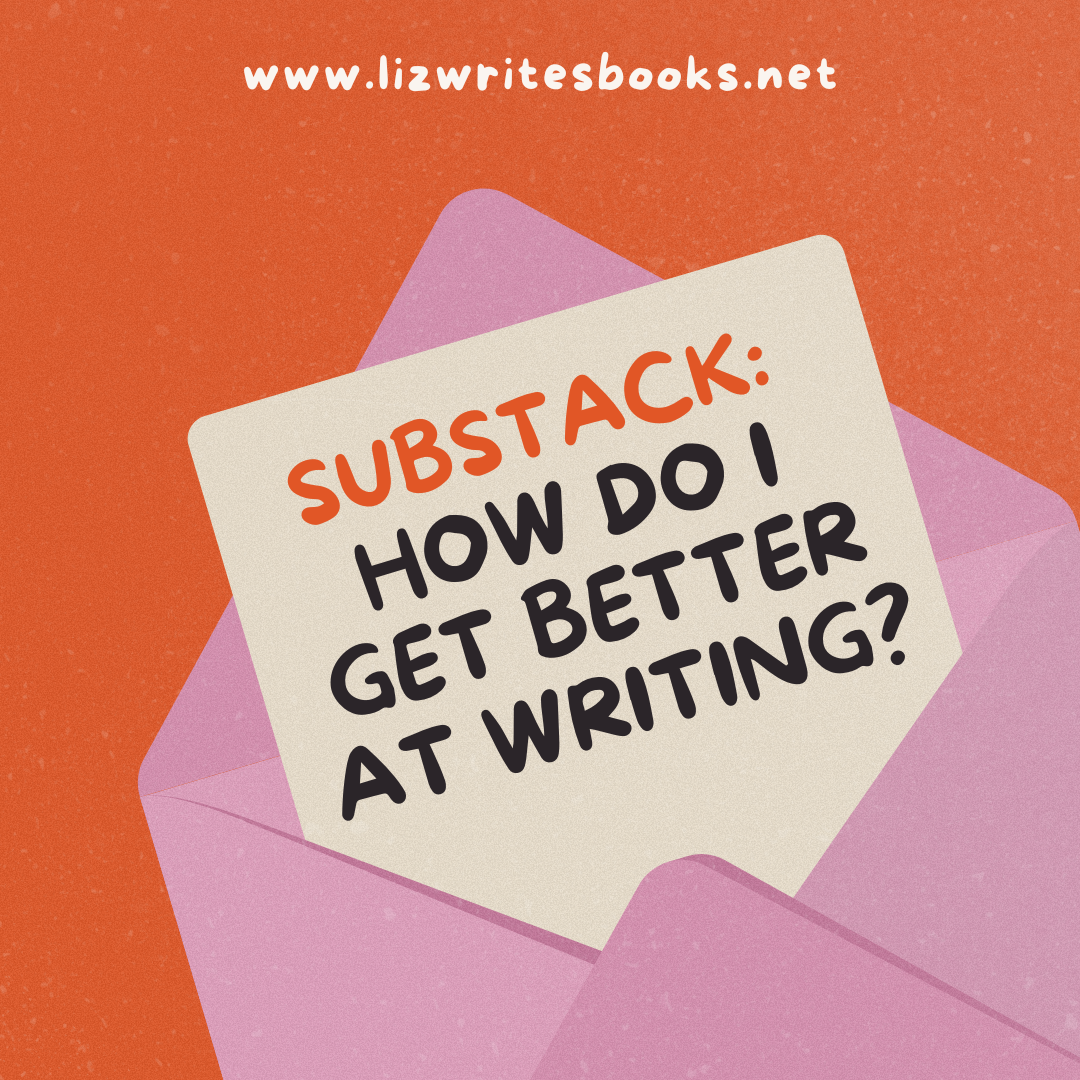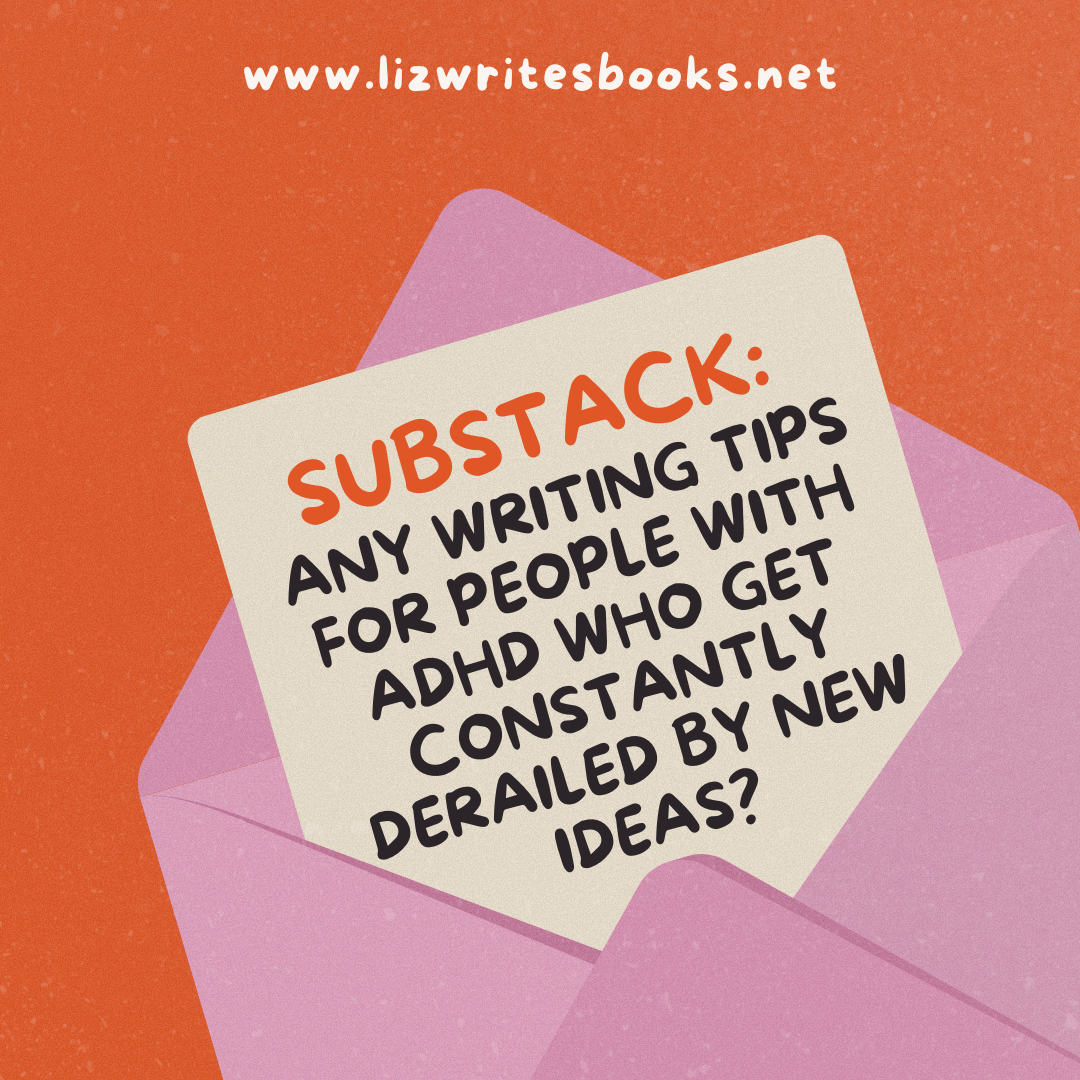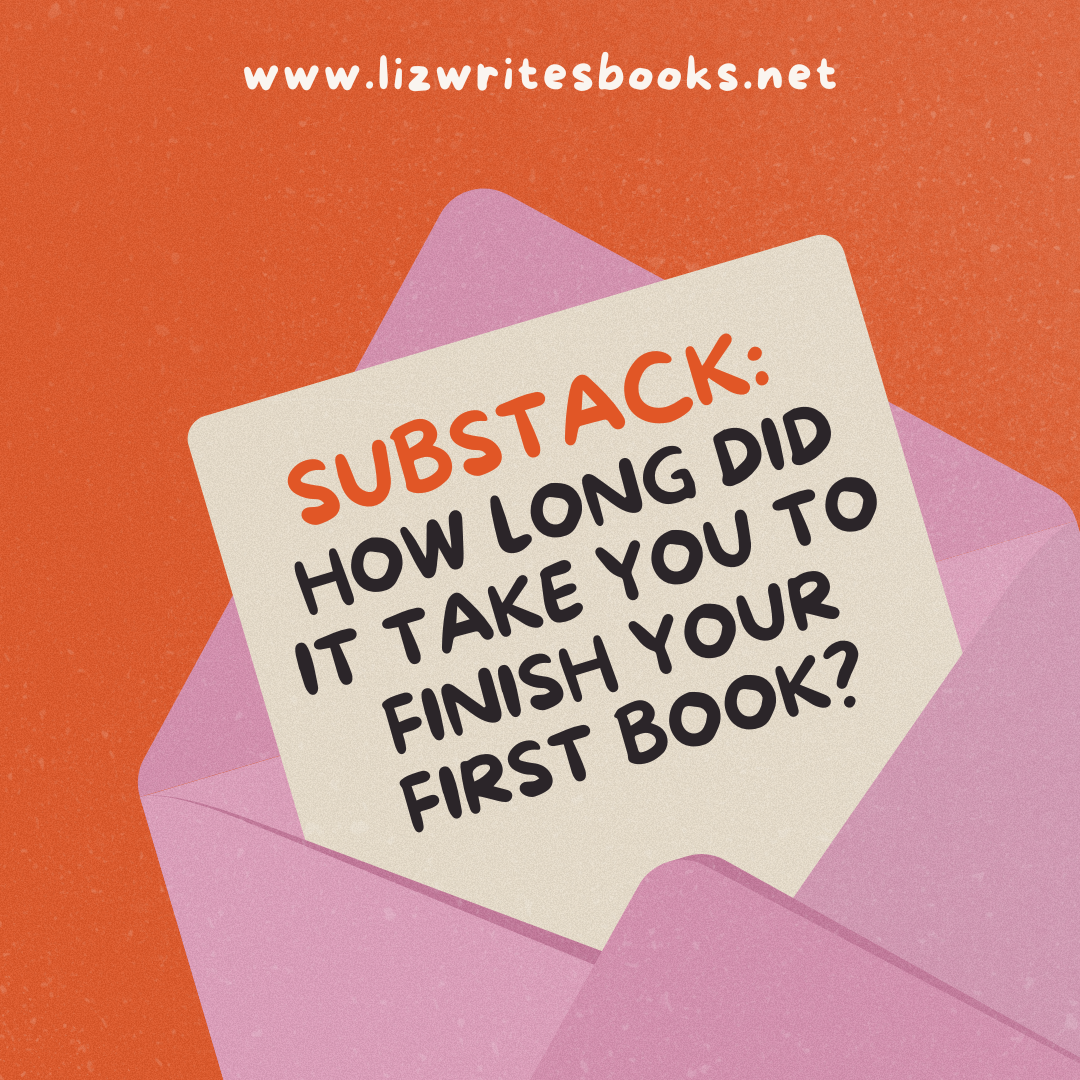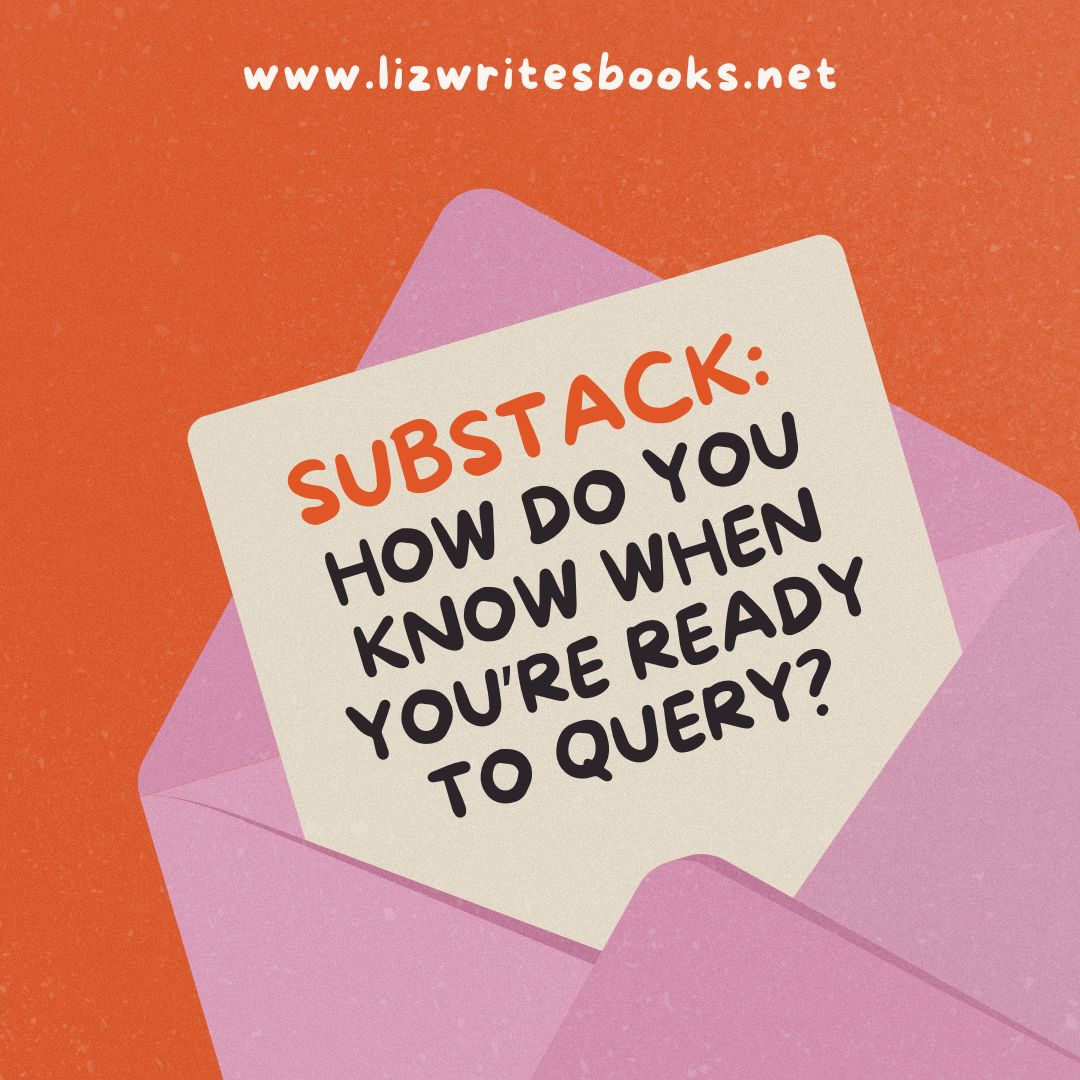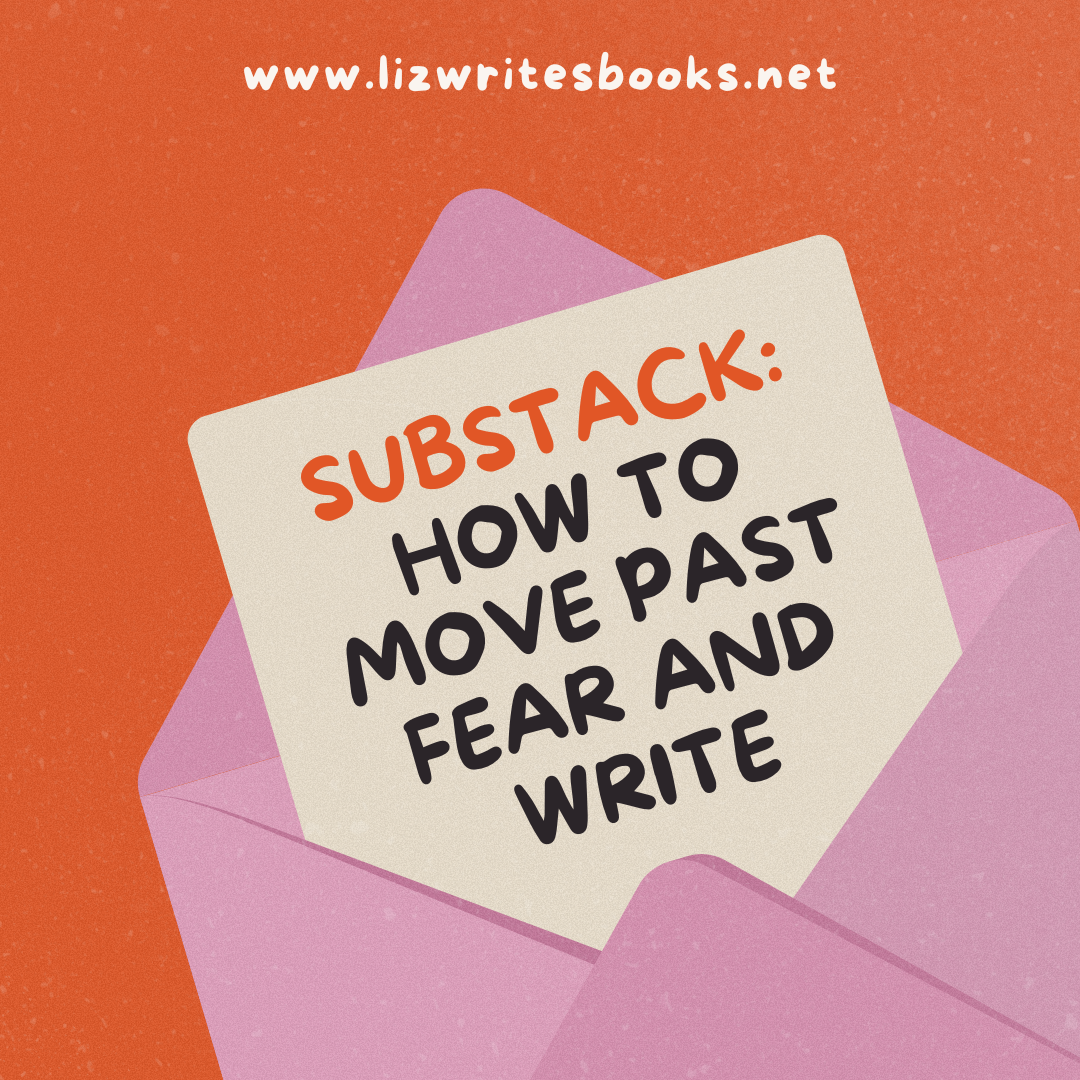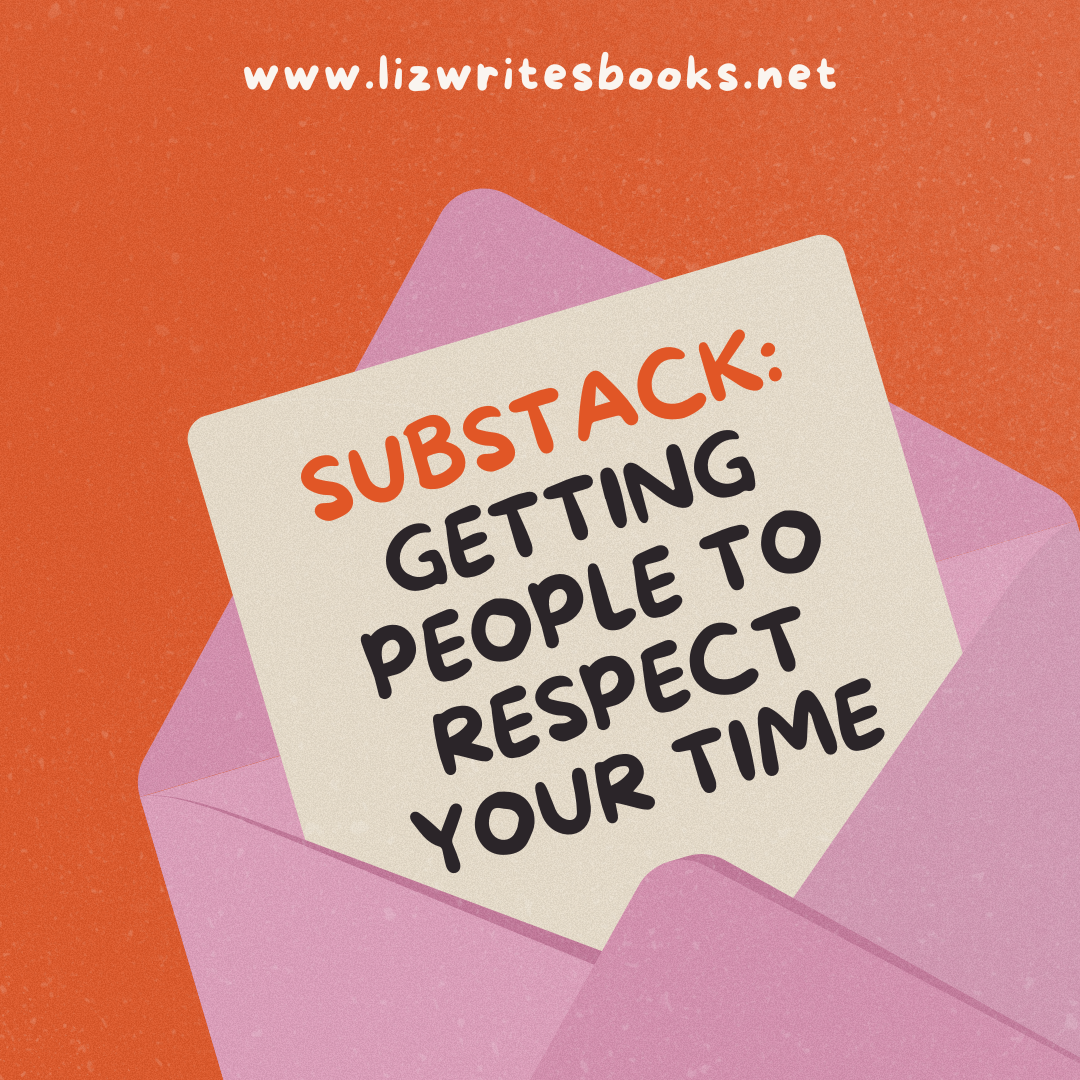I want to talk about agents for a second.
Maybe not agents, but more specifically, the being agented thing.
And even more specifically, the not being agented
thing.
Ten years ago, when I was a college student and this blog was in its
infancy, before I became too cool for blogging and sold my dreams for a job
at a credit union and the ability to consistently pay my bills; before I
signed with an agent and parted ways with that agent and signed with
another agent; before I wrote a book that didn’t sell and wrote another one
that also didn’t sell and wrote another that also didn’t sell… I thought I knew what I was doing.
And I kind of did.
Kind of
.
But I also kind of didn’t.
Because working with an agent is one of those things that you can’t get
adequate perspective of until you’re in the thick of it.
Ten years ago, when I started querying, rejection was a terrifying thing.
Rejection meant:
I am not good enough.
Other people are better at this than I am.
This thing that is so hard for me is so easy for everyone else.
I don’t matter and I don’t know how to matter.
My stories are broken. My process is broken. I am broken.
None of these things were true.
And yet, everything I did was in service to one goal and one goal only: do not get rejected.
I don’t know what I thought would happen when I got a yes, because
I don’t think I expected I would ever get a yes. But I think it
lay somewhere in the realm of:
If “no” means I’m not good enough, that my book is bad, that my dreams
are over, then “yes” must mean that I am a good writer, that my book is
a good book, and that success is within the vicinity of reach
.
None of those things were true, either.
The truth was that nothing had changed.
And when the no that had turned to a yes turned back to a no and then again
to a yes, still nothing had changed.
I am the same writer in 2020 that I was in 2010
.
I still know nothing about my books until I have drafted them.
I still get to the end of a perfectly fine book and unravel every inch
of it to start again, because that’s the only way I know how to make it
better.
I still weep for days after turning in a draft because I think it
sucks, but also because I do not like change and turning in a book is
rife with upheaval.
I still get it mostly wrong before I get it mostly right.
And most importantly:
I still only kind of know what I’m doing.
The only real difference between 2010 Me and 2020 Me is that 2020 Me has ten years more experience under her belt.
Or:
Five books, nine editors, two agents, numerous writing friends (each with
their own experiences to share), a contract or two, and twenty-three
filled-in writing notebooks.
As I type this out, I find I have a lot to say about that period of time.
And I will, one day. But for now, I want to say something to specifically
those querying writers who have been at this for years, but haven’t yet
found their foothold:
You are good enough. Your process is fine. It’s hard for everyone.
You matter. Your stories matter. There is nothing wrong with you.
In the darkest, bleakest of my writing nights (not that long ago, I might
add), I had to find a reason to keep writing that had nothing to do with
the approval or acceptance of another person.
But first, I had to give myself permission to stop caring what publishing thinks.
If you’re in a place where you’re doing everything right and everything is
going wrong, I challenge you to give yourself permission to give zero fucks
about the outside world and really hone in on what your vision for your writing is.
Not your writing career. That’s its own thing and you can sort
that out later.
I’m talking about the time you spend every day immersed in story.
What do you want that to look like?
Why is it important to you?
And what steps are you going to take to keep life and publishing
and the universe and everything from taking it from you?
